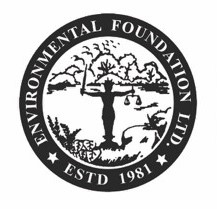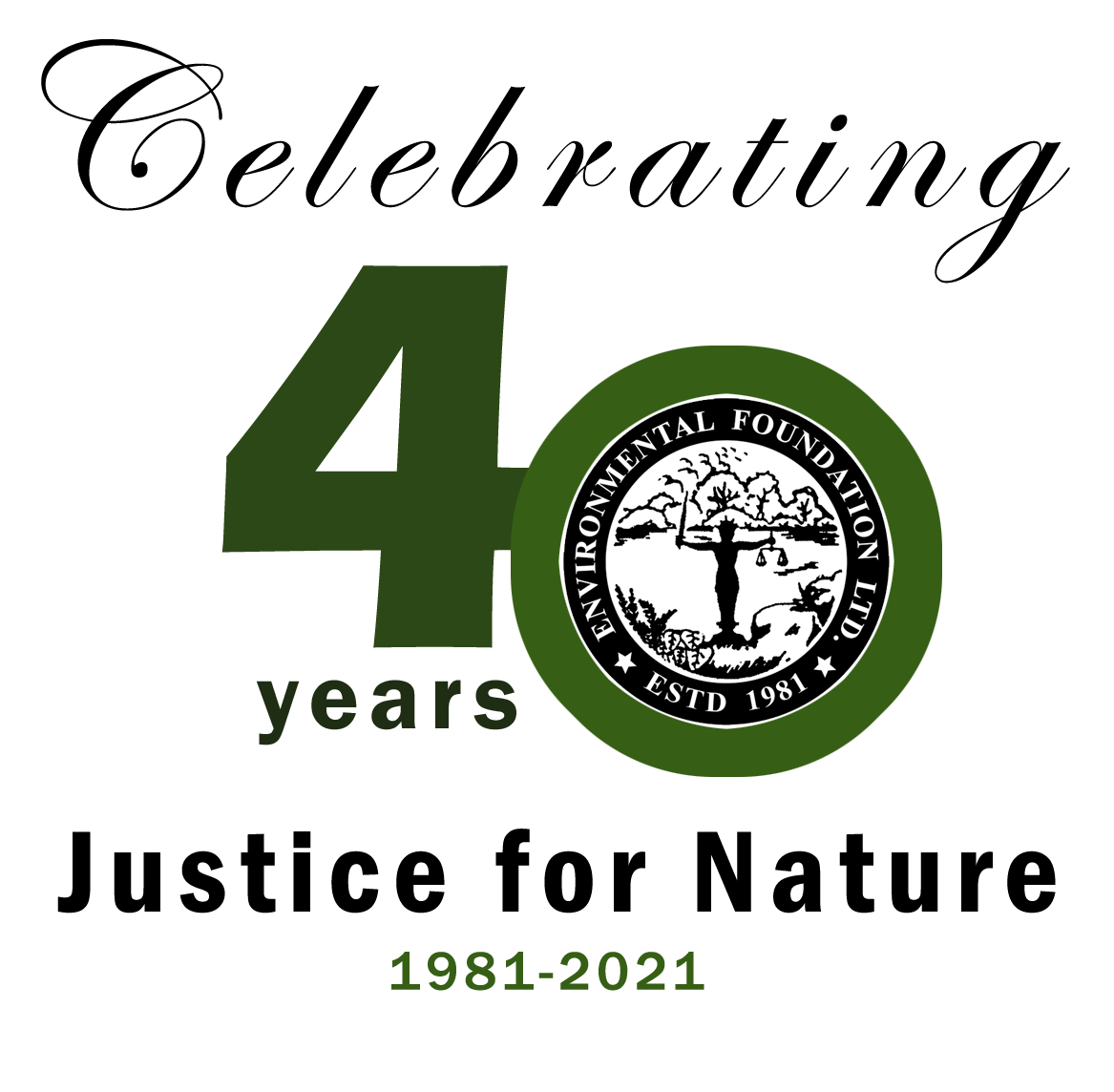Image Credits: Eco-Business.com Recently in an Audit Report prepared by the Auditor – General’s Department of Sri Lanka, it was revealed that “approximately 70% of the quantity of plastic imported to Sri Lanka is dumped directly into the environment”. According to scientific studies, it takes thousands of years for polythene and plastic to decompose. Due to this slow decomposition rate, polythene dumped in to the environment cause substantial damages to the soil, water ways, ecosystems, wildlife and human lives. Being concerned about
The Metro Colombo Solid Waste Management Project plans to solve the capital city’s escalating waste mismanagement problem, which culminated in the disaster at Meethotamulla. The project involves the collection and compression of solid waste from the municipal and urban councils of Colombo at a transfer station in Kelaniya. The waste will then be transported by train to Aruwakkalu, Puttalam where it will be deposited at a sanitary land fill, which will be in keeping with international standards. While this project represents
The aim of this Policy Dialogue was to bring all the relevant stakeholders to a common platform to establish responsibilities and collectively develop a long term, proactive solution to prevent future industrial disasters. EFL believes that the existing Policy and Legislation for curtailing industrial pollution is firm, however we believe there is a need for effective enforcement of laws and a highly stringent monitoring mechanism to verify that all standards are met. This forum was created to identify the problems and barriers faced





